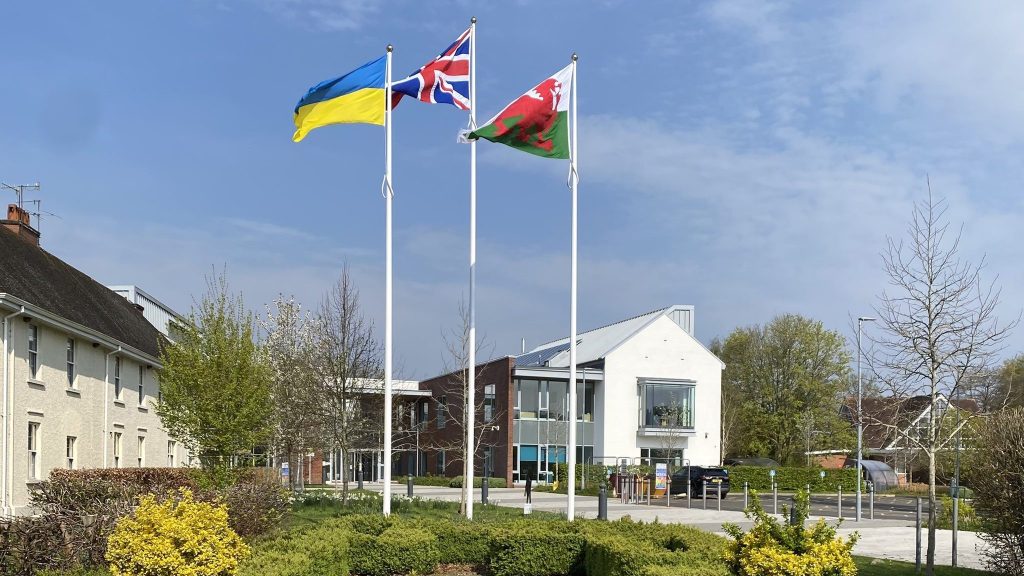Mental Health Pressures Increasing Demand on Children’s Social Services

MENTAL health pressures are increasing demand on children’s social services, councillors have been told.
An inspection of Monmouthshire County Council’s children’s services that reported earlier this year found the service is developing positively and is underpinned by a preventative approach.
But Care Inspectorate Wales also outlined areas for improvement including how the council manages the demand on its ‘front door’ single point of contact for families, professionals and the public to report concerns or ask for help.
When the report was discussed by the council’s people scrutiny committee Rogiet member, Peter Strong, said the 22 per cent increase in demand on the ‘front door’ appeared to be a genuine rise, rather than due to any change in reporting measures.
The Labour councillor asked: “Is this something we should be worried about what is happening to children and the impact on budgets?”
Jane Rodgers, the council’s social services chief, replied: “Should we be worried? Possibly but we’ve got a piece of work to do first.”
She said the council is carrying out work to understand what is driving the demand and said the nature of concerns has also changed.
“Referrals are often related to psychological or social issues,” said Ms Rodgers who added reports of child abuse are also still made.
But she said some referrals would be “better dealt with” by the agency making the report.
The council now has a guide, issued by the Gwent regional safeguarding board, with an agreed threshold to help advise whether referrals should be made to social services or dealt with by the agency, such as health services or schools, themselves.
Diane Corrister, the council’s head of children’s services, said Newport council has restructured its front door service due to a similar call on its early help and assessment teams but Blaeanu Gwent, Caerphilly and Torfaen hadn’t seen a similar increase and Monmouthshire wants to evaluate the rise in demand before making any decisions.
When the inspection was published it also highlighted the council has struggled to visit children identified as at risk of harm within statutory timescales.
Since the report was published Ms Corrister said in the first quarter of this financial year compliance with timescale for statutory visits has increased from 67 per cent to “nearly 80 per cent”. She said the council has an officer in post for 12 months to implement the report’s recommendations and understand why duties weren’t being complied with.
It has also recruited a chair for child protection conferences, where the council meets with professionals and families to discuss concerns, and is due to appoint a second having recognised its use of agency staff, in common with other Gwent councils, to lead the meetings wasn’t meeting its required standards.
The officers told the committee as a result of the inspection, described as “positive overall” by Care Inspectorate Wales senior manager Ben Anderson, the service is focused on ensuring it puts its identified good practice into place and that can be properly evidenced.
By BBC LDRS
Spotted something? Got a story? Email News@News.Wales








